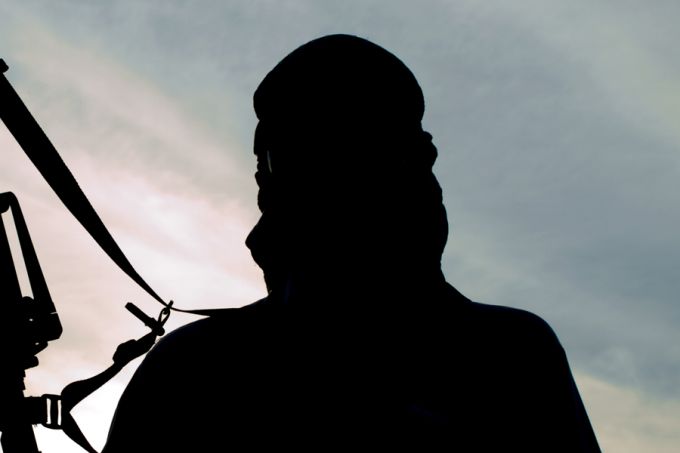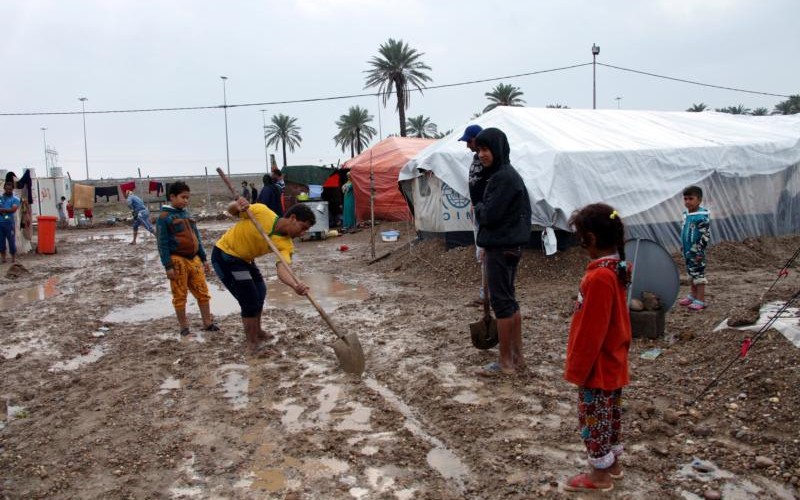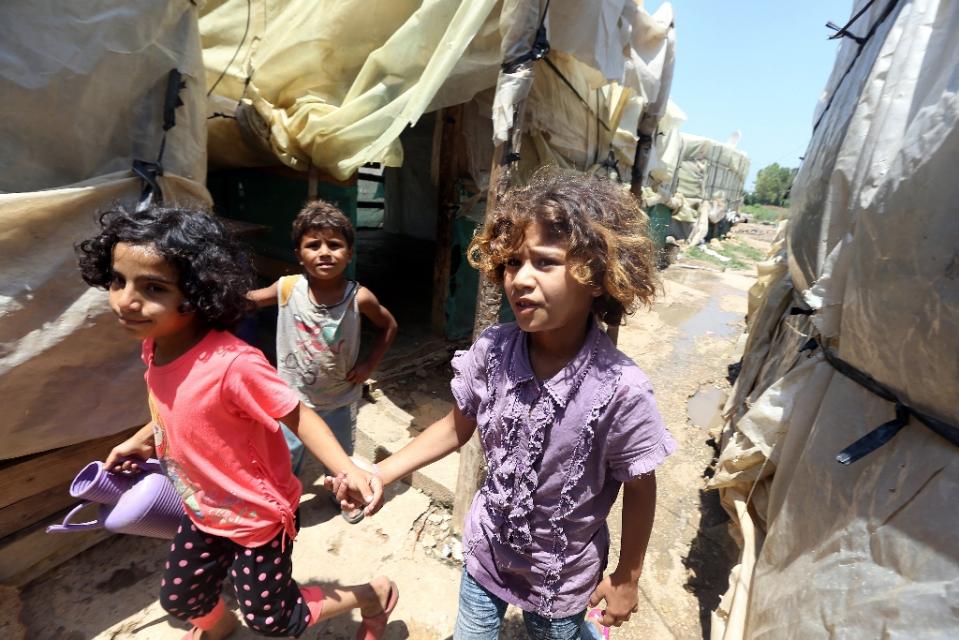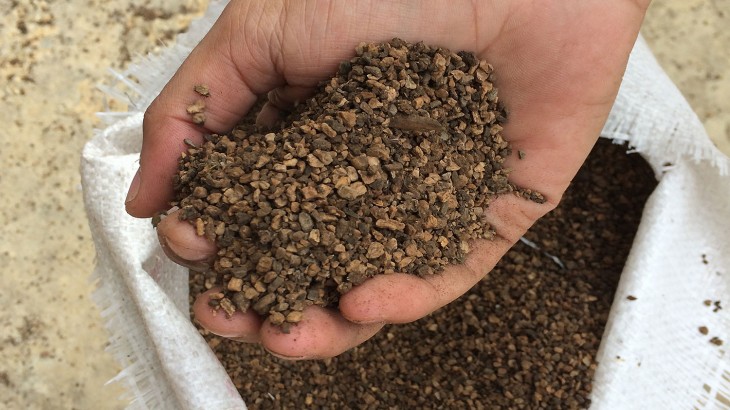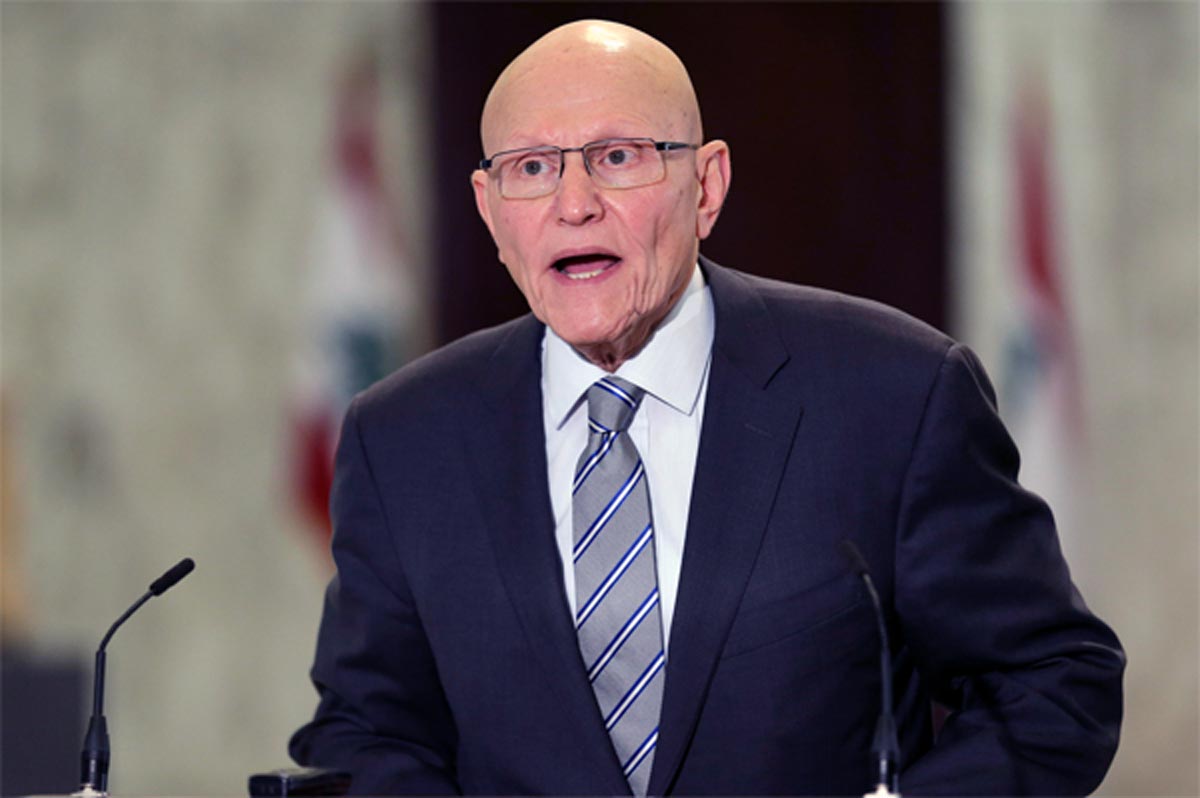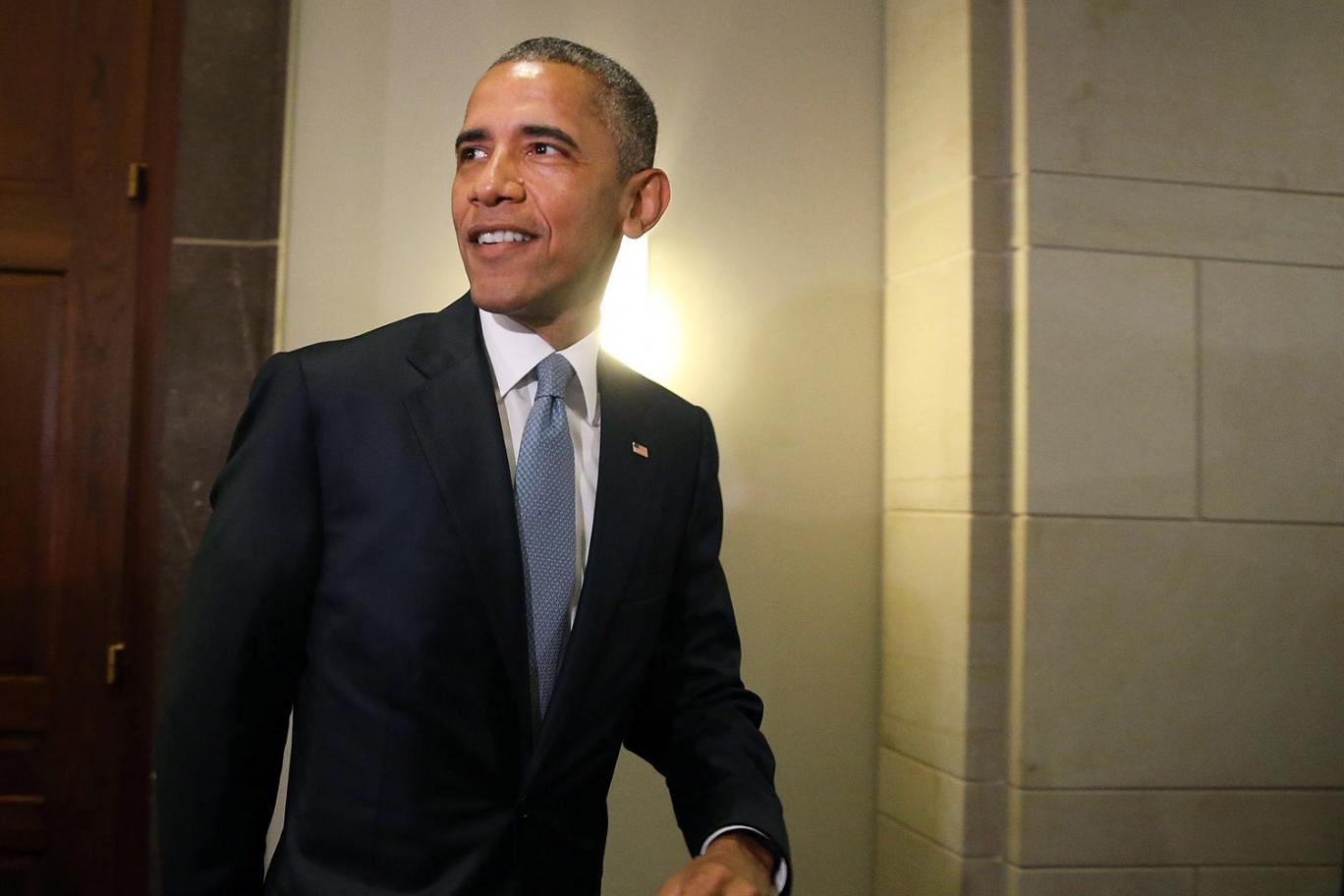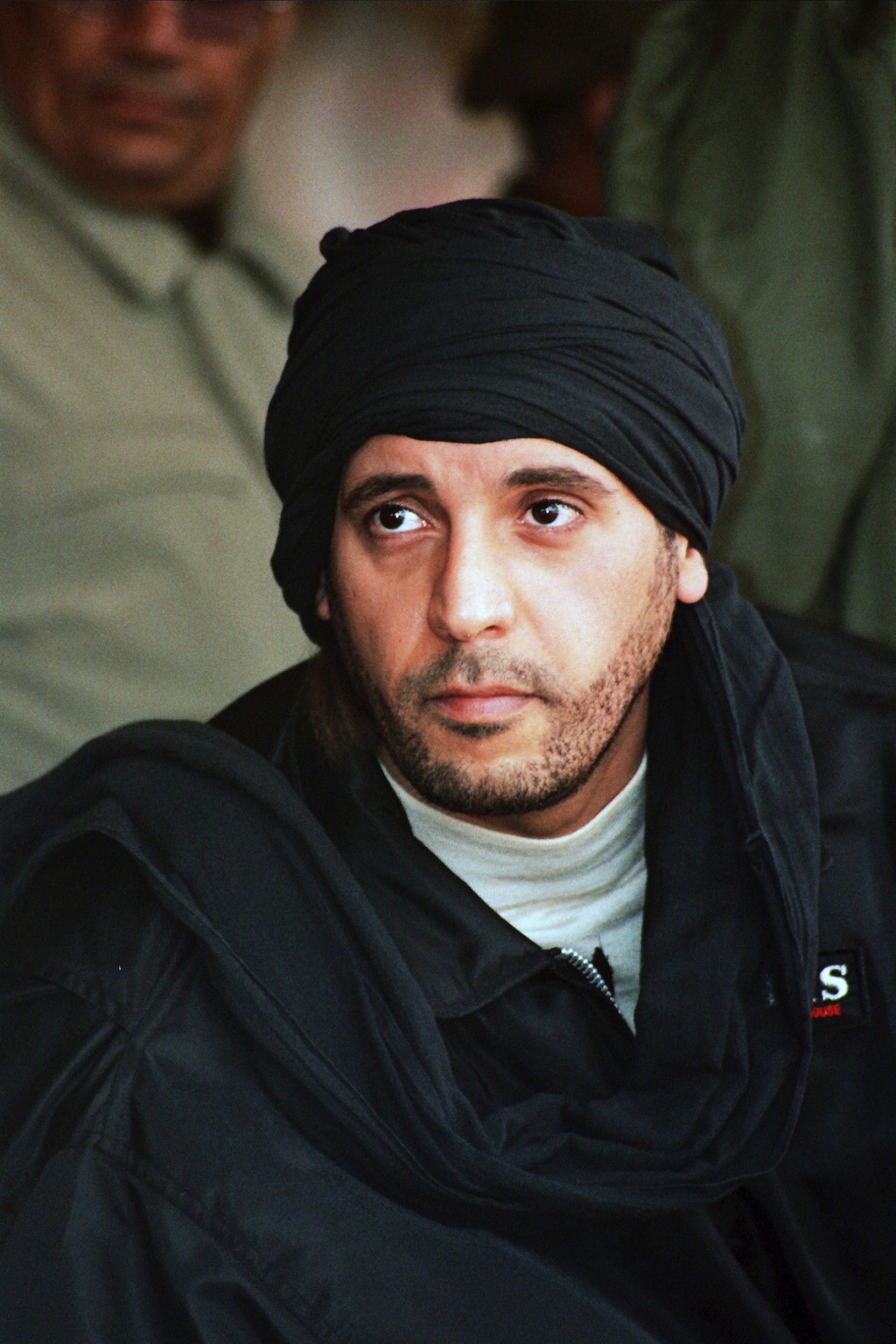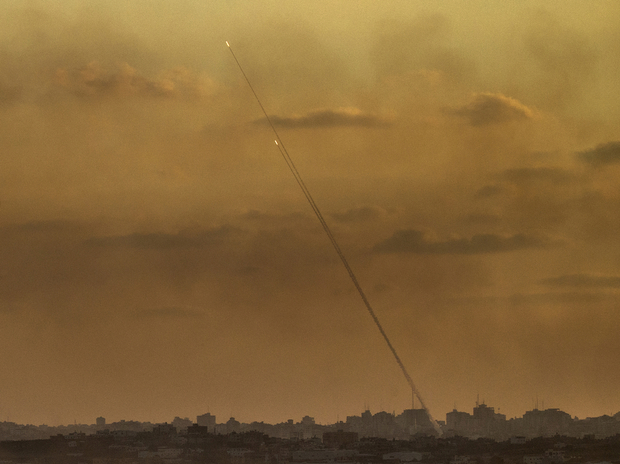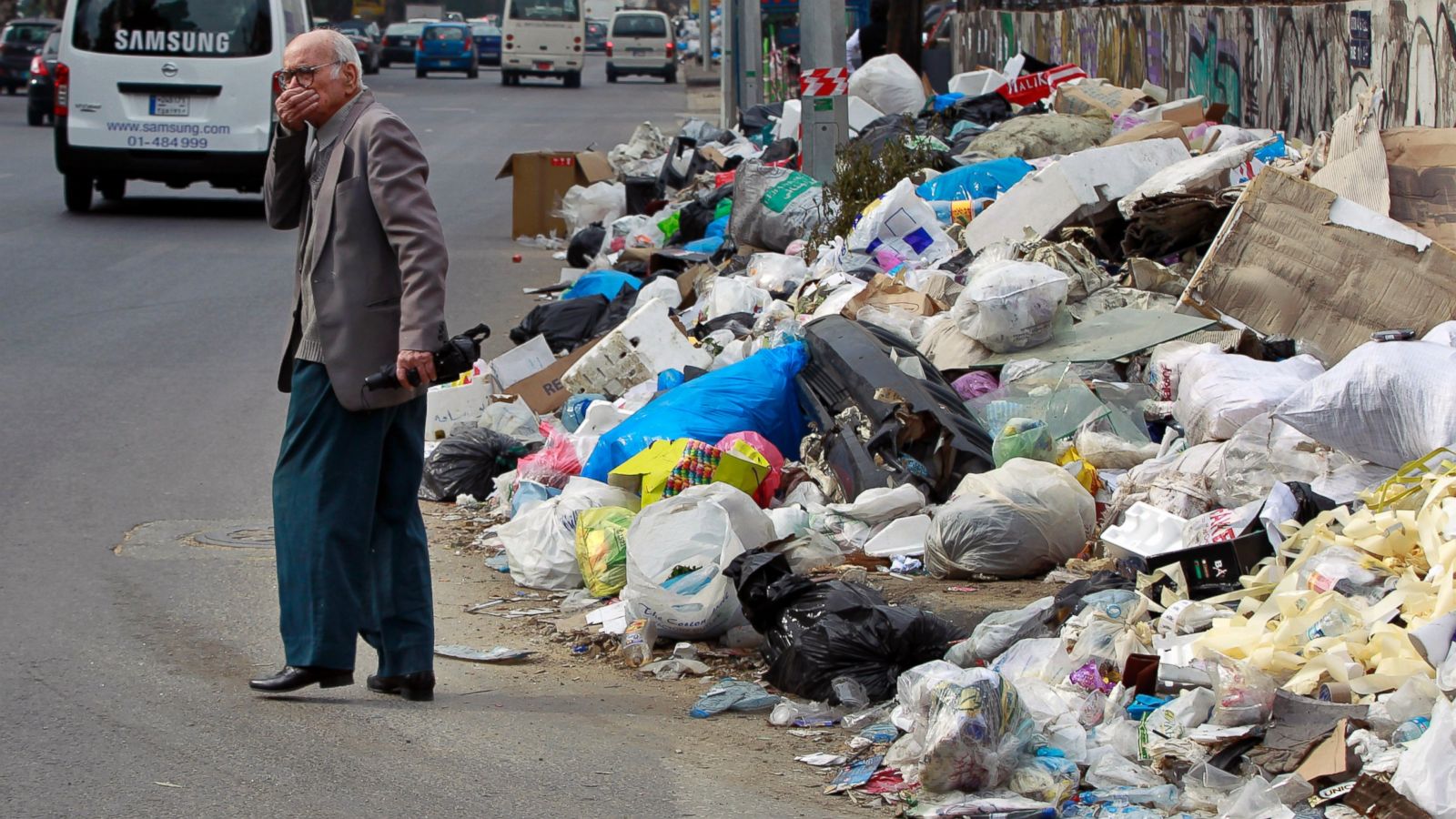
The internet lost it when Steve Harvey mistakenly crowned the wrong woman Miss Universe on Sunday night, and many felt bad for Miss Colombia Ariadna Gutierrez, who had to give up the crown to the rightful owner, Miss Philippines Pia Alonzo.
But you might be wondering: What exactly did Gutierrez lose, besides the title of Miss Universe?
The winner of the pageant gets quite a lot, but the biggest perk may be all the free publicity — and despite lower ratings this year, with the viral mix-up, both Gutierrez and Alonzo are going to get plenty of that.
But as Miss Universe, Pia Alonzo will be entitled to a series of press appearances and travel that help raise awareness for charitable causes. The pageant explains in an FAQ what Miss Universe does after nabbing the crown:
After the winner is crowned, they are whisked away to New York City and are prepped for a media tour where they make multiple appearances at media outlets, networks, charitable organizations, sponsor events, etc. The titleholders spend their reign representing their platforms, raising awareness and funds for charitable alliances, and traveling.
Beyond media attention, Miss Universe gets a year’s salary, a fancy New York City apartment, and plenty of free stuff (especially clothes and beauty products) provided by sponsors. The prize package for this year includes:
